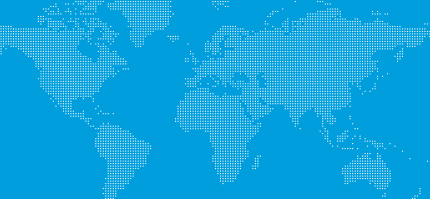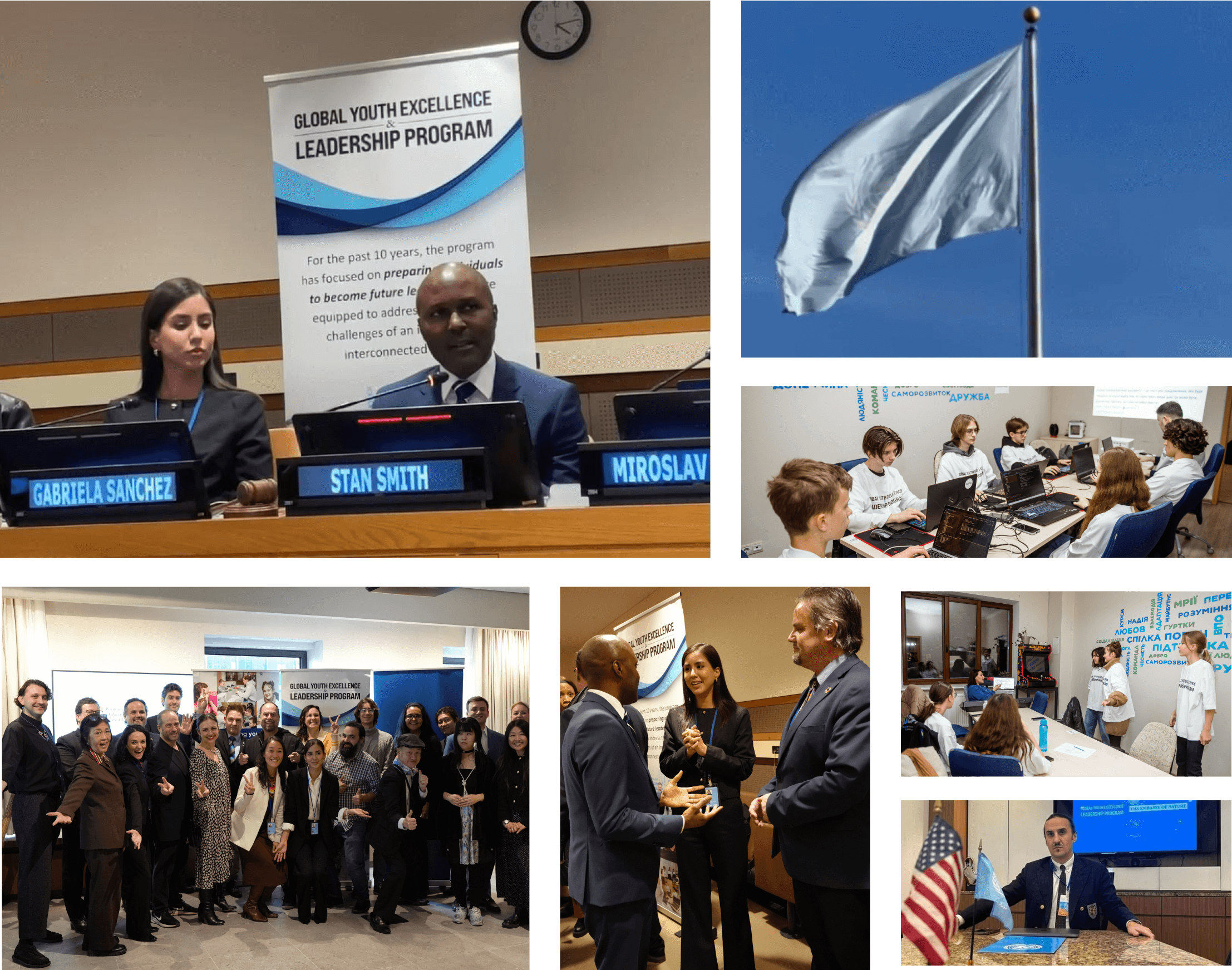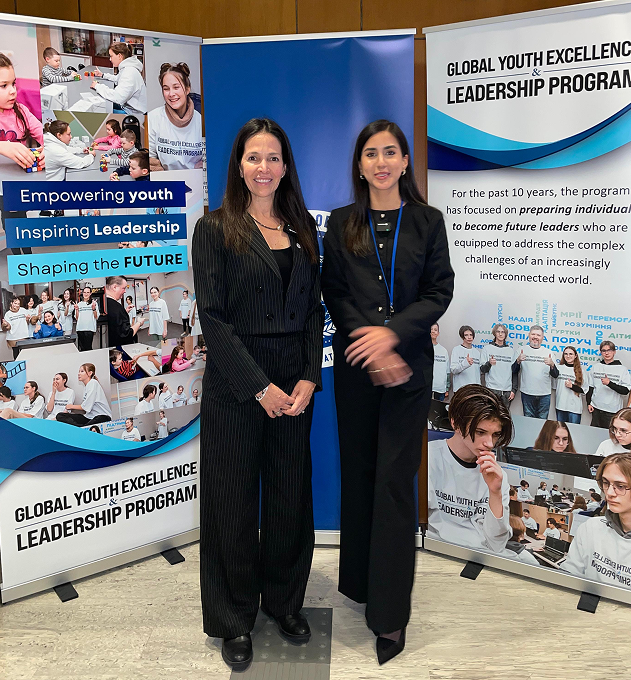Empowering Tomorrow's Leaders
to Shape a Sustainable Future
- Late Application for Fall Term until September 12 only
RECENT UN NEWS
Youth at the Forefront: Leveraging Science and Social Inclusion for Sustainable Development
As a Deputy Convenor and Principal Partner of the UN side event, this collaborative initiative between UNEP, UN-Habitat, and civil society partners brought together youth leaders, data specialists, urban development experts, and community advocates to advance science-driven approaches to SDG localization.
Strategic Innovation for Impact - UN Forum 2025


As a Deputy Convenor and Principal Partner of the UN plenary session, global leaders, policymakers, technology pioneers, and civil society representatives convened at UN Headquarters in New York. This high-level gathering served as a collaborative platform for advancing digital innovation, youth empowerment, and multilateral solutions to address the world’s most pressing challenges.
Global Partnerships for a BEtter World
The United Nations is committed to creating a world where everyone, regardless of age, can thrive. Central to this mission is the UN’s vast network of specialized agencies, funds, and programs that address a broad spectrum of global issues, including health, education, the environment, and human rights. These efforts are made possible through dynamic partnerships with governments, civil society, the private sector, and, importantly, the youth—the leaders of tomorrow. By mobilizing diverse resources, knowledge, and expertise, the UN is better equipped to tackle complex global challenges and build a brighter future for all.


© undp singapore
Sustainable Development Goals (SDGs): A Global Call to Action
The Sustainable Development Goals (SDGs) initiative is a comprehensive global framework aimed at addressing the world’s most pressing challenges by 2030. Adopted by all 193 member states in 2015, the 17 SDGs provide a blueprint for achieving a better and more sustainable future for all. The goals cover a wide range of issues, including ending poverty and hunger, ensuring quality education, promoting gender equality, providing clean water and sanitation, fostering affordable and clean energy, and combating climate change.
Each goal is interconnected, emphasizing the importance of a holistic approach to development that balances social, economic, and environmental sustainability. The SDGs are designed to leave no one behind, focusing on the most vulnerable populations and recognizing that progress in one area often supports progress in others. For example, achieving gender equality (Goal 5) can improve health and education outcomes (Goals 3 and 4) and drive economic growth (Goal 8).
The SDG initiative mobilizes governments, civil society, businesses, and individuals to take collective action and foster partnerships for sustainable development. It serves as a universal call to action to end poverty, protect the planet, and ensure prosperity and peace, promoting global cooperation to create a fairer, more inclusive world for future generations.
Mission Statement
The Global Youth Excellence and Leadership Program (GYEL) is a multilateral and multistakeholder initiative of intergovernmental organizations, permanent observers, non-governmental organizations (NGOs), and organizations with official special consultative status in the UN Economic and Social Council (ECOSOC). It functions within the framework and ecosystem of the United Nations system and operates under the auspices of members and organizations within the United Nations system. The primary goal of GYEL is to foster excellence and leadership among global youth through a variety of strategic political and social initiatives. The program has focused on preparing individuals to become future leaders who are equipped to address the complex challenges of an increasingly interconnected world.
Each UN Coalition Partner listed on our About page has signed a formal Institutional Agreement between their UN-affiliated organization or agency (recognized under the United Nations framework) and GYEL. They are not a Coalition Partner in a personal or unofficial capacity. They represent their organization and agency in an official role as a designated signatory within the UN system.
The Global Youth Excellence & Leadership Program (GYEL) emerged a decade ago as a multilateral and multistakeholder initiative of intergovernmental organizations, permanent observers, non-governmental organizations (NGOs), and organizations with official special consultative status in the U.N. Economic and Social Council (ECOSOC).
United Nations stakeholders had key insights: while the UN system primarily focuses its resources on supporting individuals from the most vulnerable populations and underserved communities—particularly children lacking access to fundamental human rights such as clean water, adequate nutrition, healthcare, education, and sanitation—there remains a critical need for complementary programs serving talented students from underprivileged and under-resourced backgrounds.
At GYEL, we are deeply passionate about bridging the gap between extraordinary potential and the world’s leading diplomats, change makers, business leaders, scientists, government leaders, and experts in the arts and sciences. While providing food and water is undeniably vital, our UN stakeholders also recognize an urgent responsibility to support the future Nobel Peace Prize winners, Pulitzer Prize recipients, Turing Award computer scientists, Fields Medal mathematicians, ground-breaking medical researchers, Academy Award filmmakers, and, yes, the next Thomas Edison. These young visionaries deserve more than a basic safety net—they need best-in-class mentorship, immersive leadership training, and direct connections to global experts and institutions. By equipping them with these transformative tools, we’re not just shaping individual success stories—we’re fueling breakthroughs that can uplift entire communities and redefine what’s possible for future generations.
We recognize that in today’s increasingly complex world, excelling in just one discipline is no longer enough. Leaders must become adept across multiple fields, combining insights from different subject matters.


Our Coalition Partners to the UN are deeply passionate in leveraging their decades of global networks and resources to provide students with leaders in diverse sectors— from diplomacy to business, technology to the arts. In learning from high-performing mentors in such varied domains, participants gain a rare ability to piece together insights in ways others cannot.
In our early days serving New York City youth, GYEL operated solely through benefactors and sustained by the dedication of passionate volunteers who found joy in nurturing each student’s potential. As our program slowly expanded, growth brought both opportunities and challenges. While we celebrated reaching more students, maintaining consistent volunteer staffing and securing reliable funding became increasingly difficult.
Then, the global pandemic presented an unprecedented challenge, forcing us to pause operations for two years as donations declined and our volunteer network was stretched thin. Yet, this difficult period proved transformative. During our hiatus, we thoroughly reimagined our approach, emerging with a stronger, more sustainable structure that preserved our core mission while expanding our capacity to serve.
RECENT GUEST LECTURERS

Recognizing the need for a more sustainable operational framework, our Coalition Partners to the UN took inspiration from successful models such as Model United Nations, which has thrived through participant funding. Programs like GYEL and Model UN have gained significant recognition precisely because they fill this crucial gap through a self-funded model, allowing us to maintain excellence while serving populations that fall outside traditional aid frameworks. This approach has also enabled us to hire a full-time Executive Team, full-time and part-time Instructors with graduate degrees from top political science universities worldwide with a focus and passion for the United Nations initiatives.
This model has enabled us to sustainably fulfill our mission of providing resources with generous financial support to promising students in need, while other families contribute their equitable share. With ongoing support from families who share administrative costs, dedicated United Nations stakeholders, and international partners, we can build a legacy of leadership that transcends socioeconomic boundaries.
For families among the world’s wealthiest 1% of highest-income families (those earning $200,000+ annually), we ask that they contribute their equitable share of administrative costs. Thus, we can sustainably provide substantial need-based assistance and subsidies to households earning under $200,000 annually—a generous threshold established by our UN stakeholders. This equitable structure ensures that promising students from all backgrounds can access our program while maintaining our standard of excellence and sustainability.
Through this carefully calibrated approach, we have created a framework that enables our program to remain available not just for years but for decades, ensuring that no student is deprived of this exceptional opportunity due to global pandemics, external world events, or economic fluctuations.
GYEL maintains a deliberate focus on identifying high-achieving students who demonstrate exceptional promise and exponentially growing their potential by providing education, intensive mentorship, direct engagement with U.N. frameworks and officials, and practical leadership knowledge that prepares them for success at the highest level of educational institutions and furthermore in their careers.
Today, GYEL stands as a testament to the power of targeted youth leadership development.
Through our balanced approach to programming and funding, we unite a diverse community of future leaders driven to shape a more sustainable, equitable, and peaceful world. We believe that while talent knows no socioeconomic boundaries, opportunity too often does.









